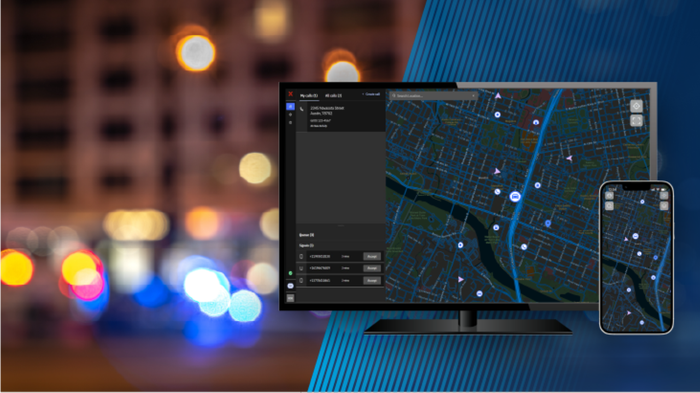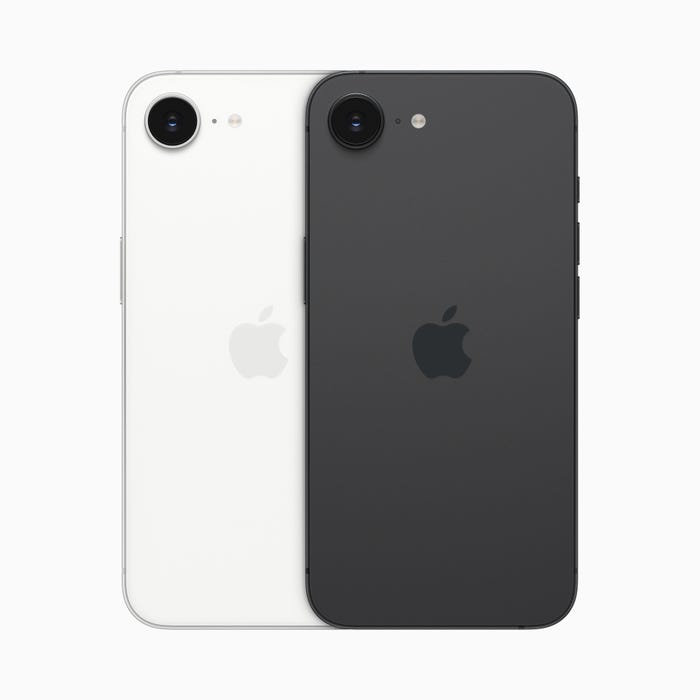$764.6 million judgment against Hytera made official, but Motorola Solutions injunction request still pending$764.6 million judgment against Hytera made official, but Motorola Solutions injunction request still pending
.jpg?width=1280&auto=webp&quality=95&format=jpg&disable=upscale)
A federal judge on Friday entered a final judgment that Hytera Communications must pay Motorola Solutions $764.6 million without altering the jury’s verdict in the case, but all parties are awaiting the judge’s decision on injunctive efforts that would prevent Hytera from selling most of its DMR products.
In his final judgment, Judge Charles Norgle reiterated last month’s findings of the 8-person jury in the case, which unanimously submitted a verdict that Hytera should pay Motorola Solutions for stealing trade secrets and copyrighted software code in developing most of its DMR portfolio. Norgle did not alter the jury’s findings, which included an award of $345.8 million in compensatory damages and $418.8 million in punitive damages to Motorola Solutions.
Hytera—the China-based LMR manufacturer that reportedly described the $764.6 million figure as “bankrupting amounts of money”—has stated its objection to the jury’s findings and has reserved its right to appeal the judgment. The company previously announced its intention to appeal the case.
With the issuance of the final judgment, the ruling is entered into the public record and the decision becomes effective.
But the final judgment did not include a decision on requests by Motorola Solutions for injunctive relief that would prevent Hytera from selling or distributing—anywhere in the world—products that utilize the trade secrets and software code stolen from Motorola Solutions. These products include most of Hytera’s DMR portfolio, which has been key to the company’s success in the U.S. market.
Initially, Motorola Solutions sought a temporary restraining order that would block Hytera from selling the affected DMR products for 14 days. During this time, the parties would negotiate the terms of a permanent injunction, according to the initial filings.
However, more recent filings indicate that Motorola Solutions wants Norgle to grant a preliminary injunction that would block Hytera from selling the affected DMR products anywhere in the world—by Hytera itself or through its dealer network—for as long as 90 days while awaiting a permanent injunction.
Hytera has stated its opposition to any decision to grant an injunction, noting that the large monetary award should be enough to compensate Motorola Solutions for any harm. In addition, Hytera contests whether a U.S. court has the legal jurisdiction to block sales of equipment in other countries.
Many documents in this case have been sealed from public view, but several publicly available documents filed recently have focused on the amount of money that Motorola Solutions would pay to compensate Hytera for lost sales in a scenario in which a short-term injunction is granted but a permanent injunction is not.
Given the jury’s unanimous ruling, Motorola Solutions claims that such a scenario is unlikely, so it believes that the bond should be set for no more than $10,000. In contrast, Hytera said it believes Motorola Solutions should provide a bond worth “tens of millions” of dollars.
Of course, a bond figure only is relevant if Norgle approves the short-term injunction requested by Motorola Solutions that would block Hytera selling the impacted DMR solutions.
Still unclear at this time is the full impact of the injunction sought by Motorola Solutions, according to representatives for both Motorola Solutions and Hytera Communications.
Publicly available court documents indicate that Motorola Solution is seeking a ban on the selling and distribution of products utilizing the stolen trade secrets and copyrighted software code. However, those documents do not delineate how an injunction would impact existing Hytera systems, in terms of Hytera customers being able to receive software upgrades—particularly patches related to security—and whether existing devices and systems could be serviced under the terms of an injunction.
The impact this case will have on Hytera’s future remains in doubt, but there was little dispute about the primary facts surrounding the trade-secrets theft case.
In July 2018, U.S. International Trade Commission (ITC) Administrative Law Judge MaryJoan McNamara found that Hytera “unquestionably copied certain of Motorola [Solutions’] patented technologies.” This effort was made easier, because three former Motorola employees—Samuel Chia, Y.T. Kok and G.S. Kok—accessed more than 7,000 Motorola documents prior to each of them leaving and joining Hytera shortly after in 2008, according to McNamara’s determination. All three men declined to testify in the ITC cases, invoking their Fifth Amendment rights against self-incrimination.
Since the ITC case was heard, the number of Hytera employees and the number of documents involved in the case have increased, according to numerous sources.
Hytera does not dispute that the Motorola Solutions documents were copied and brought to Hytera, but the China-based company previously contended that its use of Motorola Solutions intellectual property in developing DMR product is not as significant as claimed by Motorola Solutions. Hytera also claimed that the statute of limitations for Motorola Solutions to make a claim had passed, but Judge Norgle dismissed that argument last year.





